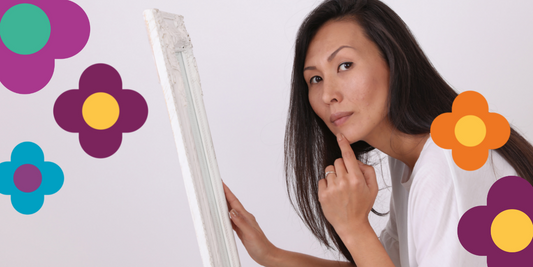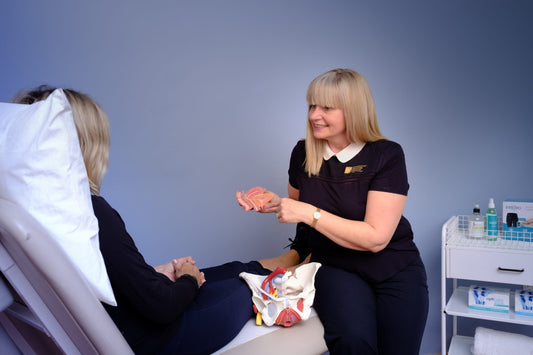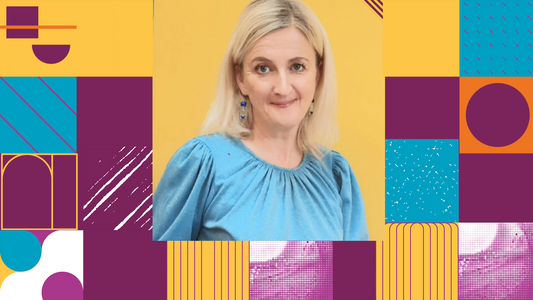Could going gluten-free help manage your PMS? The facts behind the social media reports
There are a lot more options out there for a specialised diet. For example, being vegan – or even vegetarian – 20 years ago was challenging, but these days it’s relatively straightforward.
People who choose to go vegan might do so for environmental reasons, or simply because swapping to plant-based meals makes them feel better and have more energy.
Similarly, for those with an allergy or sensitivity to gluten, cutting it out from their diets can result in significant improvements to their health (You can confirm a gluten allergy via a blood test with your GP).
There may be another positive outcome of going gluten-free too – social media posts claim it helps with PMS symptoms.
So what does the science say?
Clinical research and facts are scant. This means that the information shared is largely anecdotal.
Nevertheless, women who, for whatever reason, have swapped to gluten-free diets swear that their periods are much less painful and shorter and lighter as a result. These advocates say the difference is drastic, with fewer side-effects including breakouts and weight-gain.
An Italian study on reproductive issues found half of women with celiac disease had bad period pain before being diagnosed. The same study identified that celiac women who follow a gluten-free diet have more straightforward pregnancies. The study didn’t directly look at the link between cramps and gluten, but the authors did say afterwards that there is a possible link.
Overall, doctors are more cautious . They highlight that the improvements seen after cutting out the likes of bread, cereals, and pasta may simply be down to the anti-inflammatory benefits of a gluten-free diet. If you’re someone who suffers from dietary inflammation, avoiding gluten could really help.
It’s not just gluten, however. Too much processed foods like caffeine, alcohol, and meat can worsen period pain too. Think about the many younger women who lived off a lot of cheap noodles and sliced pans during their student years but then improved their diets in their mid-20s – and experienced less PMS and pain too. Indeed, periods can be sporadically less manageable if you’ve eaten too much junk food, so cutting out gluten and wheat might therefore help indirectly.
There are other associations between diet and period pain. One study shows that a low fat, vegan diet helps, although this research is limited.
Do you need to cut out entire food groups?
Certainly, don't feel you need to cut out entire food groups solely to tackle period symptoms. Ensure your diet is balanced and healthy by putting a limit on the processed sugars, alcohol, and caffeine. This will help with symptoms. Going gluten free can help manage your PMS symptoms.
You also may not need to completely go gluten-free – some women say a reduction is enough. This can be swapping pasta or bread for rice of quinoa instead.
Of course, if you’re experiencing very bad period pain regularly you should rule out underlying causes with your doctor before looking at your diet.
Regardless, you should always consider it carefully before eliminating certain food groups. If you do make changes, you may need to take an appropriate supplement too.













